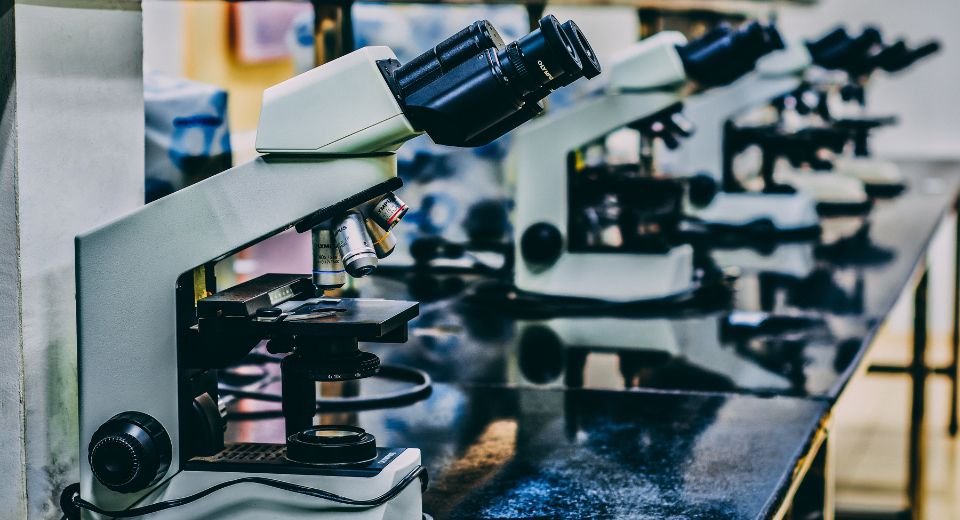HQ Team
September 29, 2023: DIOSynVax, a spin-out company of the University of Cambridge, is in its final stage of human trials of an antigen-based vaccine candidate to treat all coronaviruses.
The “first-in-human” clinical trials are ongoing at Southampton and Cambridge NIHR Clinical Research Facilities and the last booster immunisations will conclude by the end of September, according to a statement.
“Unlike current vaccines that use wild-type viruses or parts of viruses that have caused trouble in the past, this technology combines lessons learned from nature’s mistakes and aims to protect us from the future,” said Professor Jonathan Heeney from Cambridge’s Department of Veterinary Medicine, who led the research.
All currently available vaccines, such as the seasonal flu vaccine and existing COVID-19 vaccines, are based on virus strains or variants that arose at some point in the past.
“Current vaccines are based on a specific isolate or variant that occurred in the past,” said Professor Heeny.
‘Achilles heel’
“It’s possible that a new variant will have arisen by the time we get to the point that the vaccine is manufactured, tested and can be used by people.”
Heeney’s team has been developing a new approach to coronavirus vaccines, by targeting their ‘Achilles heel’.
Instead of targeting just the spike proteins on the virus that change to evade our immune system, the Cambridge vaccine targets the critical regions of the virus that it needs to complete its life cycle.
The team identified these regions through computer simulations and selecting conserved structurally engineered antigens.
Using this approach, the team identified a unique antigen structure that gave a broad-based immune response against different Sarbeco coronaviruses, the large group of SARS and SARS-CoV-2 related viruses that occur in nature.
‘Future-proof’
Studies of the ‘future-proof’ vaccine candidate have shown that just one antigen can be modified to provide a broadly protective immune response in animals.
The studies suggest that a single vaccine with combinations of these antigens – a substance that causes the immune system to produce antibodies against it – could protect against an even greater range of current and future coronaviruses.
“These optimised synthetic antigens generate broad immune responses, targeted to the key sites of the virus that can’t change easily.
“It opens the door for vaccines against viruses that we don’t yet know about. This is an exceptionally different vaccine technology – it’s a real turning point,” said Heeny.
The vaccine antigen technology, developed in early 2020, provided protection against all known variants of SARS-CoV-2 – the virus that causes COVID-19.
Other viruses
It also offers protection against other major coronaviruses, including those that caused the first SARS epidemic in 2002.
The results were reported in the journal Nature Biomedical Engineering.
The vaccine candidates can be deployed in a variety of vaccine delivery and manufacturing platforms.
“In nature, there are lots of these viruses just waiting for an accident to happen,” said Professor Heeney. “We wanted to come up with a vaccine that wouldn’t only protect against SARS-CoV-2, but all its relatives.”
The DIOSynVax pipeline includes vaccine candidates for influenza viruses, haemorrhagic fever viruses, and coronaviruses including SARS-CoV-2.
